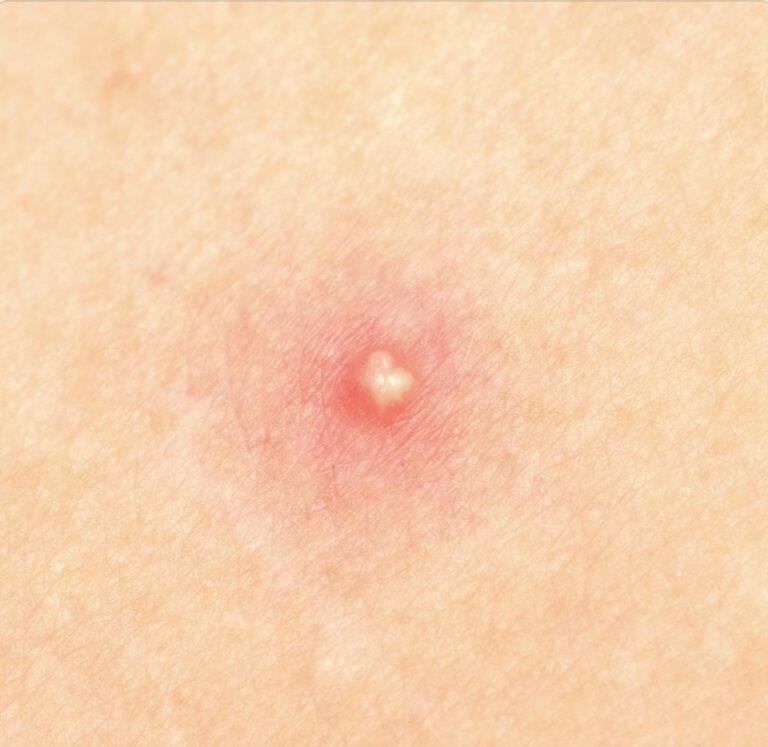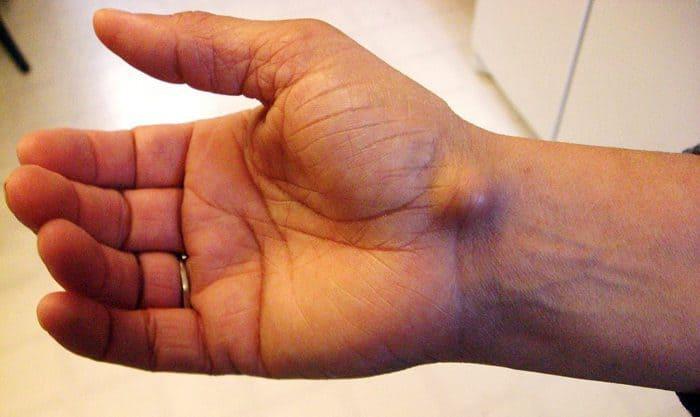
Skin tags are small, soft pieces of skin that form where skin rubs. They are common and can appear anywhere on the body. Although they typically don’t cause any health issues, you may want to get them removed for cosmetic reasons or if they become irritated or painful. Let’s take a closer look at what skin tags are and why you should consider getting them removed.
Skin tags (also known as acrochordons) are benign skin growths that appear in various shapes and sizes. Skin tags are small growths that can appear on any part of your skin and are composed of a thin stalk made up of interlacing fibres of collagen and blood vessels surrounded by an outer layer of skin. These skin growths contain no nerve endings; they are asymptomatic and painless. They usually range in size from 1-5mm and may be either flat or slightly raised above the surface of the skin. While they may initially appear small and insignificant, some may grow larger if left untreated.
What causes skin tags?
Skin tags are caused by friction between skin and clothes, jewellery or other items rubbing against the skin. They usually occur in areas where there is a lot of friction, generally in skin folds such as the neck, armpits, groin area, eyelids and under breasts. The friction causes an accumulation of proteins in the area, leading to a skin tag formation.
Should I be concerned about skin tags?
In most cases, skin tags do not require medical attention because they don’t cause any health issues or pose any risks to your health. However, if a skin tag becomes irritated or painful due to its size or location (such as on your eyelid), it is recommended that you seek medical attention for removal.
In some rare cases, skin tags may be indicative of underlying conditions such as type 2 diabetes, obesity or other health conditions, so it’s important to consult with a healthcare professional if you have any concerns about your skin tags.
How are skin tags removed?
A qualified doctor or dermatologist can remove skin tags quickly and easily. The most common methods used include cryotherapy (freezing), cauterisation (burning) and excision (cutting). All of these methods are safe and effective and aim to stop the blood supply to the growth.
Cryotherapy
Cryotherapy can be a great solution for those looking to remove skin tags. The procedure is both fast and safe and generally involves the application of liquid nitrogen on the affected area. This freezing technique destroys the skin tag so it falls off within a few days. The wound may then be treated with a topical cream as needed. While there are potential side effects such as stinging, itching, swelling, scarring and discolouration, these are usually mild and temporary. For those who want to avoid surgery or other chemical treatments for skin tag removal, cryotherapy can effectively get the desired result without any hassle.
Cauterisation
This involves the application of a current to the affected area that is intense enough to burn off the skin tag. The surrounding tissue will typically remain unaffected, reducing the risk of scarring or infection. During the procedure, you may experience a sensation of heat or stinging as well as bleeding in the area around the skin tag.
Your doctor may apply an ointment after treating you, in order to keep the burn clean and protected while it heals. Generally, you can expect complete healing within 5 – 10 days following treatment, with minimal after-effects such as redness or swelling.
Excision
The excision method of skin tag removal is a safe and effective way to remove skin tags permanently. The skin tag is surgically cut off during this medical procedure with a small scalpel or pair of scissors. After removing the skin tag, the incision will be cleaned and covered with an adhesive bandage. Patients may experience minor bleeding and discomfort for a few days, but most recover quickly. The excision method is often preferred over other methods as it ensures a quick and easy removal process requiring no additional healing procedures or follow-up visits.
Home remedies
Several home-based treatments are simple and easy to use for small skin tags. For example, applying topical apple cider vinegar or tea tree oil directly on the skin tag has been known to help dry out the area and reduce its size over time. Or tying a thread tightly around the base of the skin tag and waiting until it falls off. Large skin tags should not be removed at home due to the risks of infection and bleeding.
Is skin tag removal available on the NHS?
Removal of skin tags may be considered necessary for medical and psychological reasons by GPs, but they are typically not available through the National Health Service (NHS). However, if a skin tag is causing distress, pain or any potential health risk, your GP may refer you to the dermatology department at the hospital for treatment. Otherwise, private clinical options are available if you prefer to have it removed that way. It’s important to discuss all information pertaining to skin tag removal with a professional before you decide which option is best for your individual needs.
The difference between skin tags and warts
Knowing the difference between a skin tag and a wart can be difficult, but there are some key factors to keep in mind that can help you differentiate between the two. Skin tags are small skin-coloured flaps of tissue that come out on the surface, resembling a small flap or bump. On the other hand, warts are thicker raised bumps that typically have a rough texture and appear in different shades of brown or grey. You can also identify warts by their appearance, as they commonly appear in clusters, whereas skin tags are usually singular.
Are skin tags an early sign of skin cancer?
The quick answer is no. Skin tags are small, soft, flesh-coloured growths that usually appear on the skin’s surface. They are harmless and typically do not cause any discomfort, but an increase in size or colour changes of existing tags suggests that you should see a doctor as soon as possible. While there is no evidence showing skin tags are an early sign of skin cancer, they are treated similarly to warts which can sometimes be precursors to other forms of cancer. Therefore, it’s important to get them checked out right away by a dermatologist or physician if they increase in size or change colour. This will help catch signs of skin cancer at an early stage when it’s easier to treat and prevent it from spreading further throughout the body.
While skin tags aren’t typically cause for concern in terms of health risks, they can be irritating or unsightly and may need to be removed for aesthetic reasons. If you’re considering having a skin tag removed, consult with your doctor first, so they can assess your case and recommend which removal method is most suitable for you. With proper care and guidance from a medical professional, you can ensure that any skin tags will be safely removed without causing further irritation or complications.
Sources
NowPatient has taken all reasonable steps to ensure that all material is factually accurate, complete, and current. However, the knowledge and experience of a qualified healthcare professional should always be sought after instead of using the information on this page. Before taking any drug, you should always speak to your doctor or another qualified healthcare provider.
The information provided here about medications is subject to change and is not meant to include all uses, precautions, warnings, directions, drug interactions, allergic reactions, or negative effects. The absence of warnings or other information for a particular medication does not imply that the medication or medication combination is appropriate for all patients or for all possible purposes.







